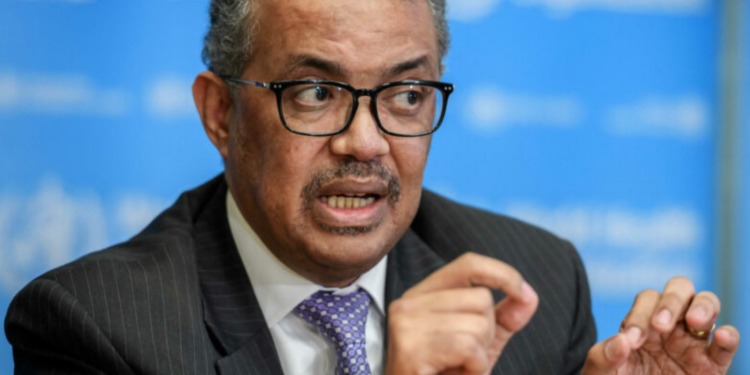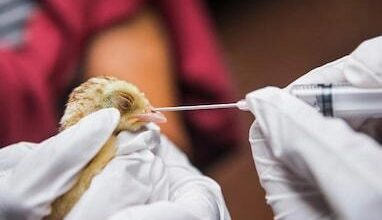WHO secures $1.7bn in first investment round, targets saving 40m lives

The World Health Organization (WHO) has secured $1.7 billion in pledges during its inaugural Investment Round, WHO Director-General Dr. Tedros Adhanom Ghebreyesus announced today at a media briefing.
These funds are part of a broader effort to implement WHO’s global strategy to safeguard health and save 40 million lives over the next four years.
Dr. Tedros highlighted that 70 pledges were received, including contributions from 39 first-time donors, with 21 of them from middle-income countries. Notably, some of the world’s poorest nations also made contributions, underscoring the trust in WHO’s work on the ground.
When countries contribute, even those with limited resources, it demonstrates the difference WHO is making globally,” Dr. Tedros said.
$3.8bn secured for WHO’s budget
Combined with other funding agreements and partnerships, WHO now has $3.8 billion committed, representing 53% of the voluntary contributions required for the next four years.
Dr. Tedros emphasized that this funding would provide WHO with greater predictability and flexibility, allowing it to respond more rapidly to evolving global health threats.
“I thank all countries and partners who have contributed. This marks a significant step forward, as for decades only a small portion of WHO’s total budget was predictable,” Dr. Tedros added.
The funding is expected to strengthen WHO’s capacity to address global health challenges effectively and help build a safer, healthier world.
Earlier, at the G20 Leaders’ Summit in Rio de Janeiro, chaired by Brazil’s President H.E. Luiz Inácio Lula da Silva, Australia, Indonesia, Spain, and the United Kingdom emerged as some of the top contributors. They pledged $410 million, $300 million, $620 million, and $392 million, respectively.
World AIDS Day 2024: Rights at the core of HIV response
Speaking further during the briefing, Dr. Tedros also highlighted World AIDS Day 2024, themed “Take the Rights Path,” saying it reminded us of the critical importance of human rights in the response to HIV.
According to him, Since the first World AIDS Day in 1988, we have come a long way in expanding access to prevention, diagnosis and treatment for HIV.
But these gains are at real risk, and reductions in new infections and deaths have stalled.
Persistent gaps in HIV response
“While nearly 30 million people are now on antiretroviral treatment, another 9 million need treatment and are not getting it and more than half of those, nearly 5 million, are still unaware that they are living with HIV,” he noted
Dr. Tedros emphasized that many of these gaps are among key populations who are marginalized, criminalized or discriminated against: men who have sex with men, people who inject drugs, transgender people, sex workers and prisoners.
“The most effective way to close these gaps and reach these populations is by recognizing and respecting their human rights.”
“Together this World AIDS Day, let’s take the right path – let’s take the rights path,” he advised.






